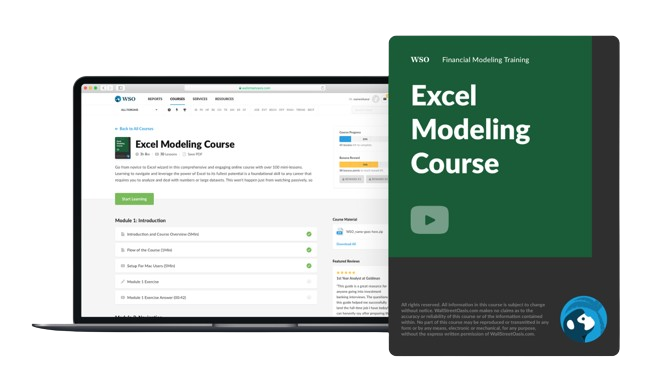Long Position
What does having a long position in an asset mean?
Long is a term used in trading to denote owning an asset and profiting when it’s value goes up. This is the most common way to own assets, as it can be tricky to be short (profit when the asset goes down).
Being long is done by buying the asset, and therefore gaining money when the asset increases in value and losing money when it decreases.
An example of how the word long is used is:
- I’m long on US Treasury Bonds
This means the investor owns US Treasury Bonds and is expecting them to go up in value and thereby earn a profit.
Free Resources
To continue learning and advancing your career, check out these additional helpful WSO resources:




or Want to Sign up with your social account?